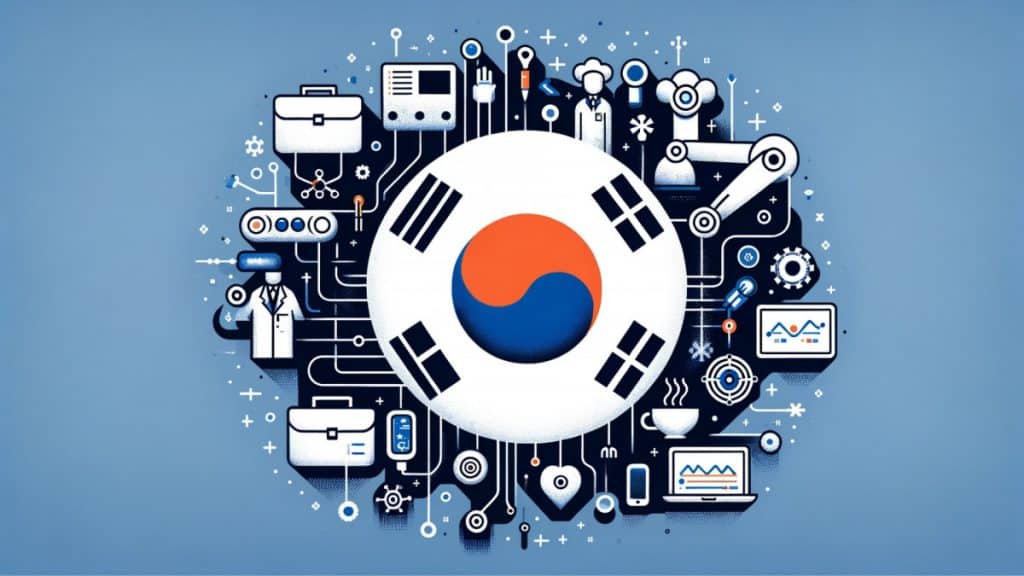Artificial Intelligence May Replace 4 Million Jobs in South Korea, Says South Korea Central Bank


In Brief
A study by the South Korea Central Bank “AI and Labor Market Changes” claims that AI could replace up to 4 million jobs and 14% of workforce.

A recent study by the South Korea Central Bank, titled “AI and Labor Market Changes”, suggests that artificial intelligence could potentially replace up to 4 million jobs, accounting for 14% of South Korea’s workforce, in the next two decades.
Individuals with higher incomes and stronger academic backgrounds are more at risk, as artificial intelligence could handle their analytical and cognitive tasks.
Among the most threatened professions are chemists, doctors, lawyers, accountants and asset managers. In contrast, those in religious fields, food services, teaching and singing are the least vulnerable, as their interpersonal exchanges and empathy-driven relationship building cannot be properly performed by AI.
The research also revealed that men have a higher likelihood of being replaced by AI compared to women, as women significantly outnumber men in face-to-face service industries.
South Korea already has one of the world’s highest rates of robot adoption as it tries to address the challenges posed by its population ageing. However, the country still ranks among those with the lowest AI utilization rates.
Additionally, the report highlighted that AI will increase the demand for science, technology, engineering, and mathematics (STEM) disciplines, emphasizing the importance of developing softer interpersonal skills like communication and teamwork for the future workers.
AI Threatens Knowledge Work, But Improves Productivity
The South Korea Central Bank study emphasizes the dual nature of AI as a revolutionary force for productivity while simultaneously disrupting white-collar jobs globally.
A recent McKinsey study on the economic potential of generative AI echoes these concerns, highlighting the potential threat it poses to knowledge workers.
The enhanced understanding of natural language by generative AI is driving increased potential for technical automation, especially in tasks that occupy a significant portion of total work time.
Currently, generative AI and other technologies have the capacity to automate activities that currently consume 60 to 70 percent of employees’ time. As a result, generative AI is expected to predominantly impact knowledge work associated with occupations requiring education and, consequently, higher wages compared to other types of work.
Despite these potential disruptions for the knowledge workers, generative AI is poised to accelerate global productivity.
Disclaimer
In line with the Trust Project guidelines, please note that the information provided on this page is not intended to be and should not be interpreted as legal, tax, investment, financial, or any other form of advice. It is important to only invest what you can afford to lose and to seek independent financial advice if you have any doubts. For further information, we suggest referring to the terms and conditions as well as the help and support pages provided by the issuer or advertiser. MetaversePost is committed to accurate, unbiased reporting, but market conditions are subject to change without notice.About The Author
Alisa is a reporter for the Metaverse Post. She focuses on investments, AI, metaverse, and everything related to Web3. Alisa has a degree in Business of Art and expertise in Art & Tech. She has developed her passion for journalism through writing for VCs, notable crypto projects, and scientific writing. You can contact her at alisa@mpost.io
More articles

Alisa is a reporter for the Metaverse Post. She focuses on investments, AI, metaverse, and everything related to Web3. Alisa has a degree in Business of Art and expertise in Art & Tech. She has developed her passion for journalism through writing for VCs, notable crypto projects, and scientific writing. You can contact her at alisa@mpost.io






















































